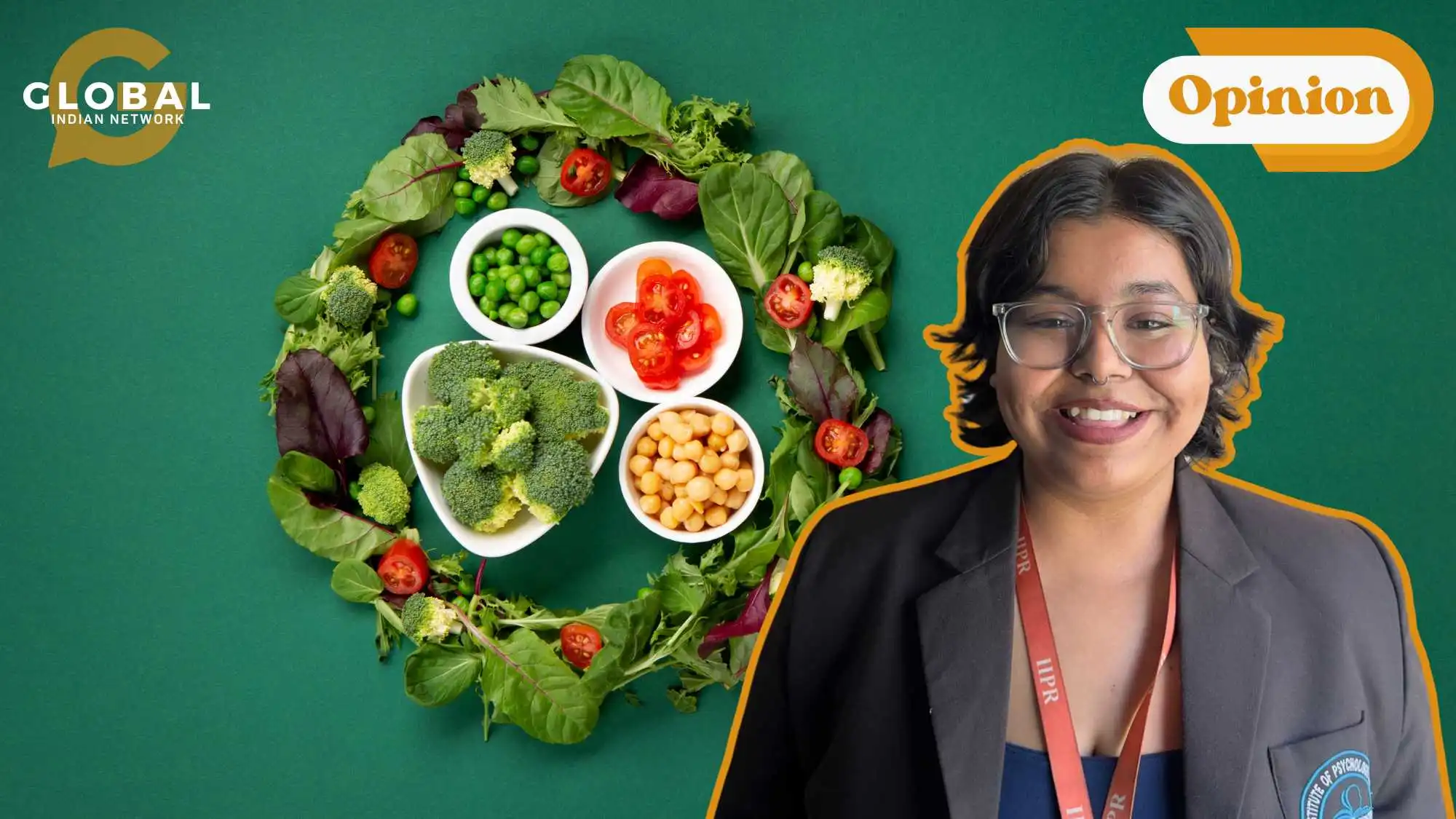Celebrated for its perceived alignment with ethical consumption and environmental sustainability, veganism has surged in popularity in recent years. Social media influencers, wellness gurus, and major corporations alike have championed plant-based diets as a solution to climate change and animal cruelty. However, the environmental and socio-economic costs of mass-producing vegan staples often rival or even exceed, those associated with some animal-based products.
Almonds, for instance—a staple of vegan diets thanks to their versatility and high nutrient content—require 1.1 gallons of water per almond during its production. This water-intensive crop has become a lightning rod for criticism, with California producing approximately 82% of the world’s almonds amid the state’s ongoing droughts. Almond farming puts enormous pressure on aquifers, even with advanced irrigation methods like micro-irrigation, exacerbating water scarcity in one of the most climate-stressed regions of the United States.

Another darling of the plant-based world—Avocados—are no less problematic, requiring approximately 70 gallons of water to grow. The global obsession with guacamole has driven a threefold increase in avocado cultivation in Mexico over the last two decades. In Michoacán, one of the most environmentally vulnerable areas in North America and a hotspot for biodiversity, this rise has significantly increased deforestation. Along with releasing stored carbon into the atmosphere, forests cut down for avocado farms also harm ecosystems that are essential to the existence of wildlife species.
The socioeconomic effects of these vegan staples are equally damaging. Economic inequality has further and trenched in Mexico as a result of the avocado boom. While the multinational corporation rakes in billions from exporting avocados, many local farmers and labourers live in abject poverty. They frequently work for meagre wages in hazardous and unsafe conditions. Even worse, organised crime rings have taken notice of the profits from the lucrative industry, bringing in cartels to use avocado cultivation as a front for extortion and money laundering.
Soy, which is a great source of plant-based protein, has become a major driver of deforestation. Large areas of Amazon rainforest have been sacrificed by Brazil, one of the biggest suppliers of soybeans worldwide, to satisfy the growing demand. Deforestation increases soil erosion, alters global climate patterns, and releases millions of tonnes of carbon dioxide, all of which have a catastrophic impact on the ecosystem.
Numerous indigenous settlements in Brazil have been displaced due to soy farming. These groups frequently face food insecurity and the loss of their cultural legacy as a result of the conversion of these ancestral lands into industrial-scale monoculture plantations. Their situation is made worse by environmental deterioration, which also makes it harder for them to obtain arable land and clean water.
A common motivation for veganism is sincere concern for the environment and its inhabitants. However, widespread acceptance of the movement often relies on inaccurate or partial information. Marketing tactics promote almond milk, soy burgers, and avocado toast as ethical and sustainable while ignoring the huge carbon footprint, deforestation, and labour exploitation associated with these items.
A lack of knowledge is one of the biggest factors contributing to this disconnect. The complexities of agricultural supply networks are rarely explored by novice vegans, who instead assume that “plant-based” equates to “green.” This critique of veganism is not an argument against plant-based eating but rather a call for nuance and awareness. Real sustainability can only be achieved by adopting varied diets that are based on seasonal, locally grown, and minimally processed foods.
It is important to balance the ethical allure of veganism against its unstated costs. We can only achieve a food system that really respects both the planet and its people if we make educated, conscientious decisions. Sustainability demands more than blind allegiance to any dietary trend. The future of food cannot afford to be an illusion. It must be a deliberate journey toward a genuine balance between humanity and the earth.

What’s your take on veganism? Share your thoughts with us in the comments below or write to us at larra@globalindiannetwork.com.









